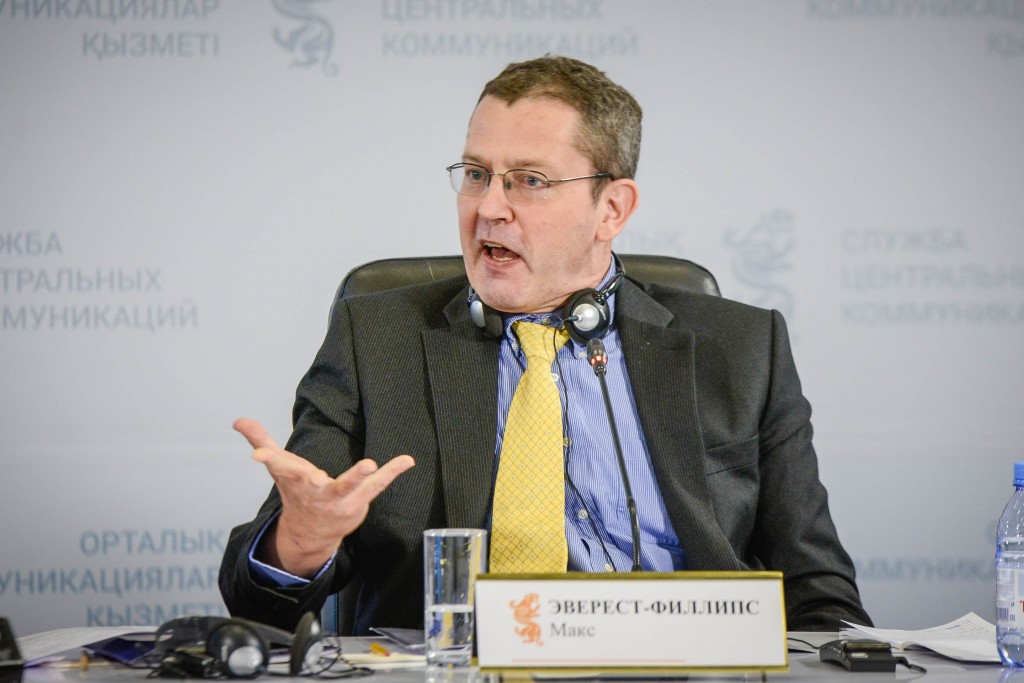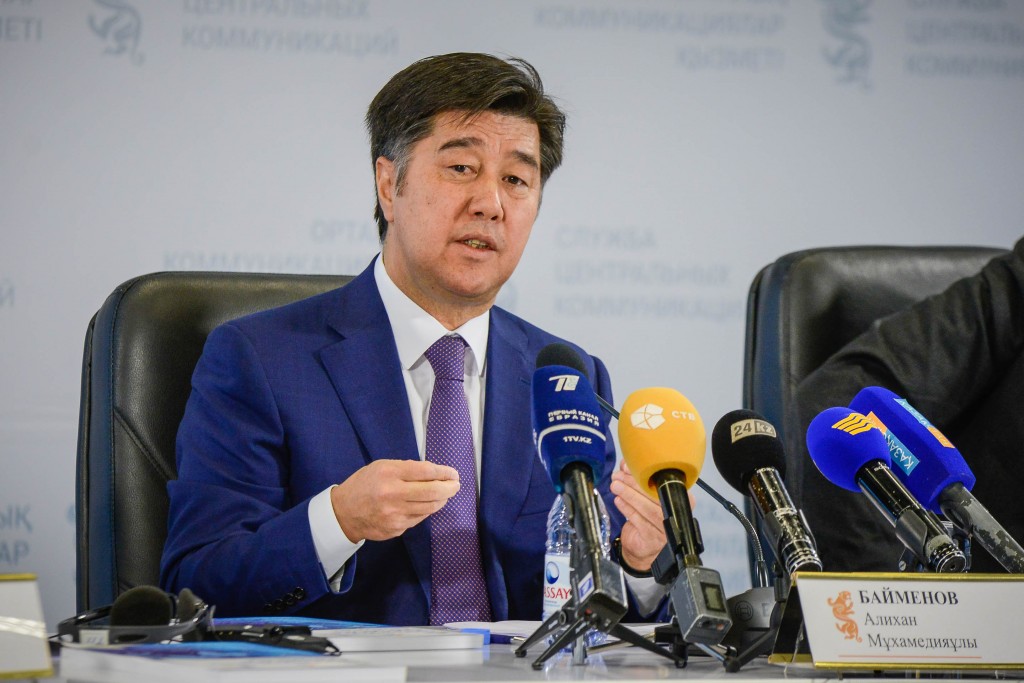ASTANA – The Regional Hub of Civil Service in Astana and the United Nations Development Programme Global Centre for Public Service Excellence in Singapore recently presented a large-scale study called Global and Regional Trends in Civil Service Development. The study is a unique summary review, which combines theory and expertise from leading international experts in public administration.
The results of the collaborative work have been publicised by Chairman of the Hub Steering Committee Alikhan Baimenov and Global Centre Director Max Everest-Phillips. The review is considered the first of its kind, because such large-scale studies on global trends in civil service development have not been previously conducted anywhere in the world. Researchers from different regions of the world took part in the project.
The study covers basic development and reforming trends in civil service over the past 20 years in the countries of North America, Europe, Southeast Asia, the Caucasus and the CIS.
Baimenov highlighted three global and regional trends in the development of civil service.
The first one is a mutual influence in the systems of recruitment and promotion of civil servants. This means that there is no purely position-based or career-based model of civil service. The models are converging and acquiring the advantages of each of them. The above mentioned is also characteristic for the doctrinal foundations of public administration.
The second trend is a rising role of human resources management since civil service effectiveness is globally understood to be dependent on the quality of personnel. Hence, there is a striving for openness and transparency in recruitment and promotion with special attention to the ethical standards and talent management schemes in civil service.
The third trend concerns the effectiveness assessment system of civil servants and government bodies with a transition from the processes and procedures to the result-based performance and performance indicators. The effectiveness assessment system is distinguished by the improvement of the management quality in the public sector, introduction of project management and improved performance evaluation system.
Everest-Phillips emphasised that the gradual transformations of public administration are happening in almost all countries. The reason for this are the changes in conceptual ideas of reforms, growing social needs and expectations in connection with the financial crisis, increased numbers of highly educated people, globalisation, new information technologies and new approaches in human resources management, including non-monetary ways for the motivation of civil servants.
Everest-Phillips noted the effectiveness of cooperation between Singapore Centre and Astana Hub and the growing importance of cooperation.
Astana Hub was established in 2013 under the initiative of the Kazakh government and the UNDP. Today, 34 countries and 5 international organisations participate in joint projects at the hub, which has become an internationally recognised centre of knowledge and expertise in the field of civil service.



